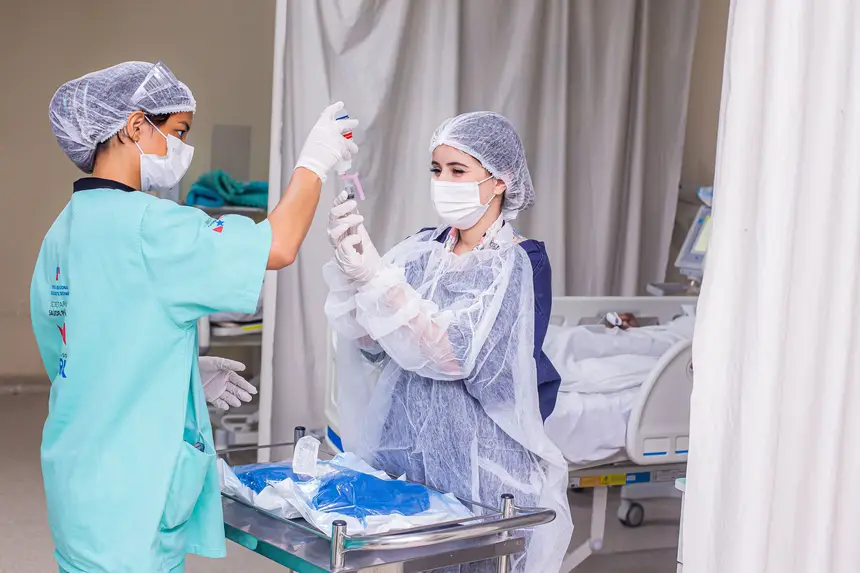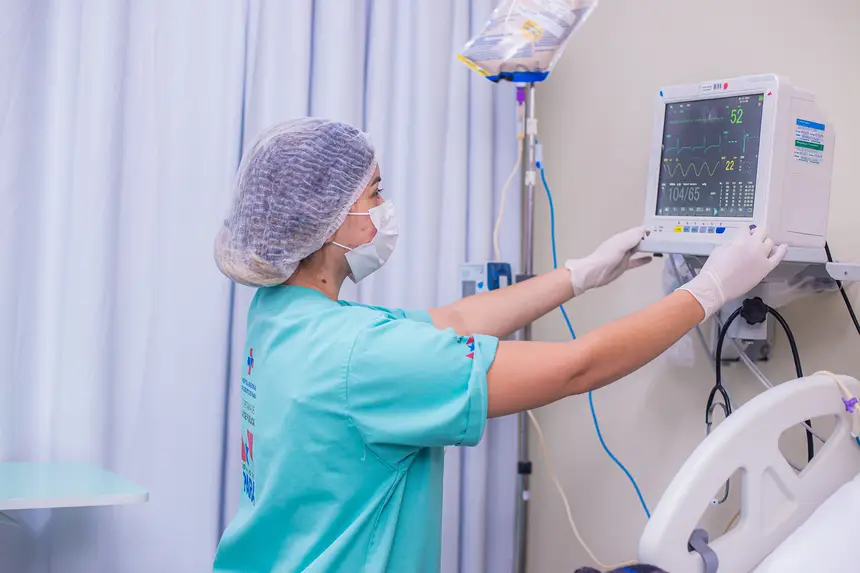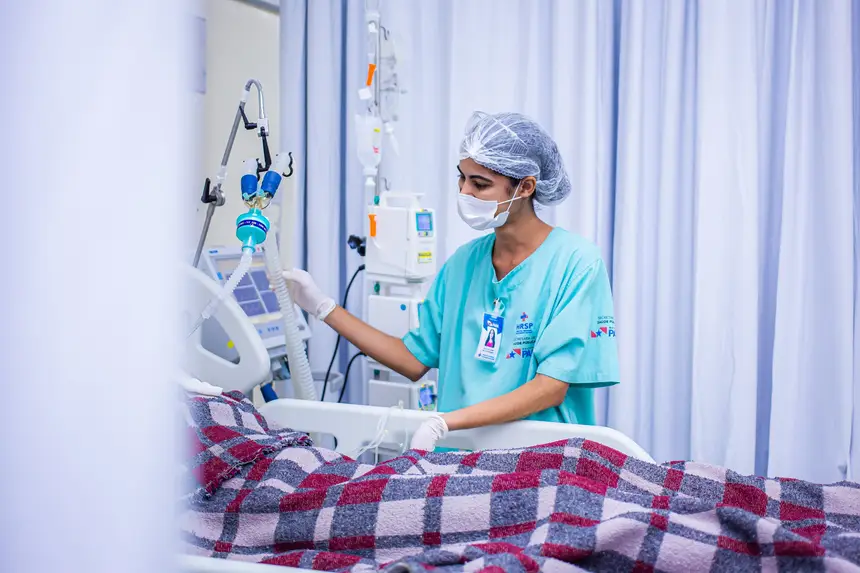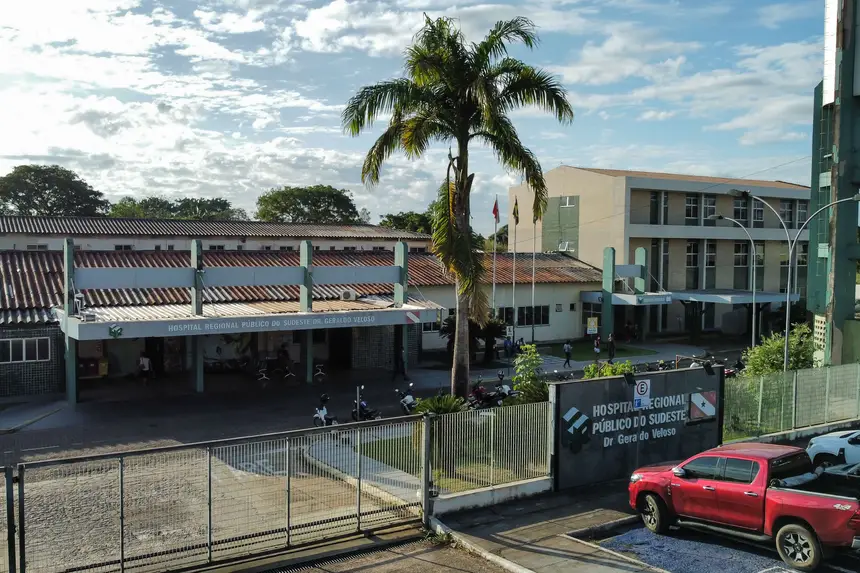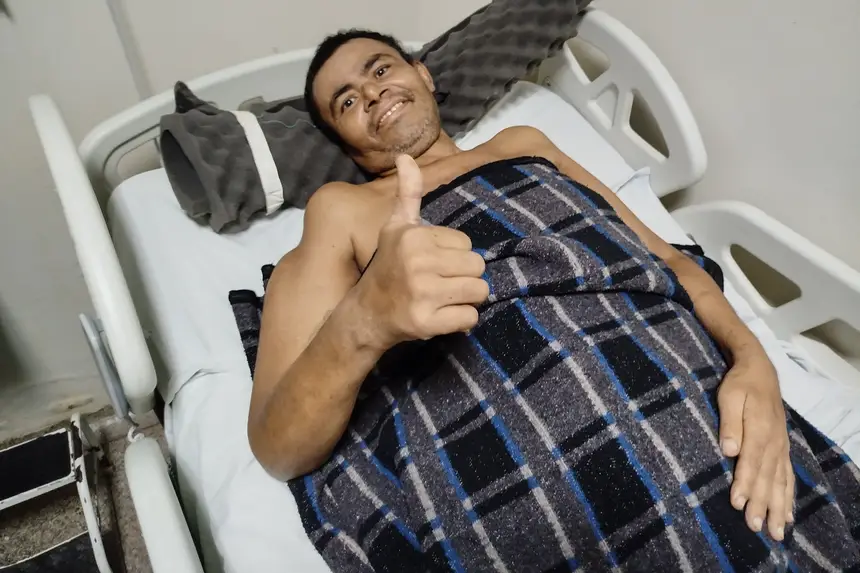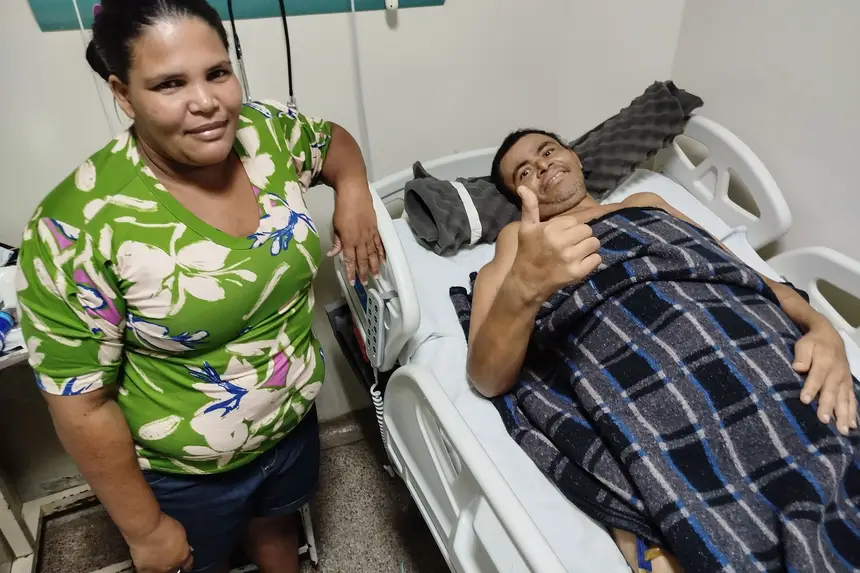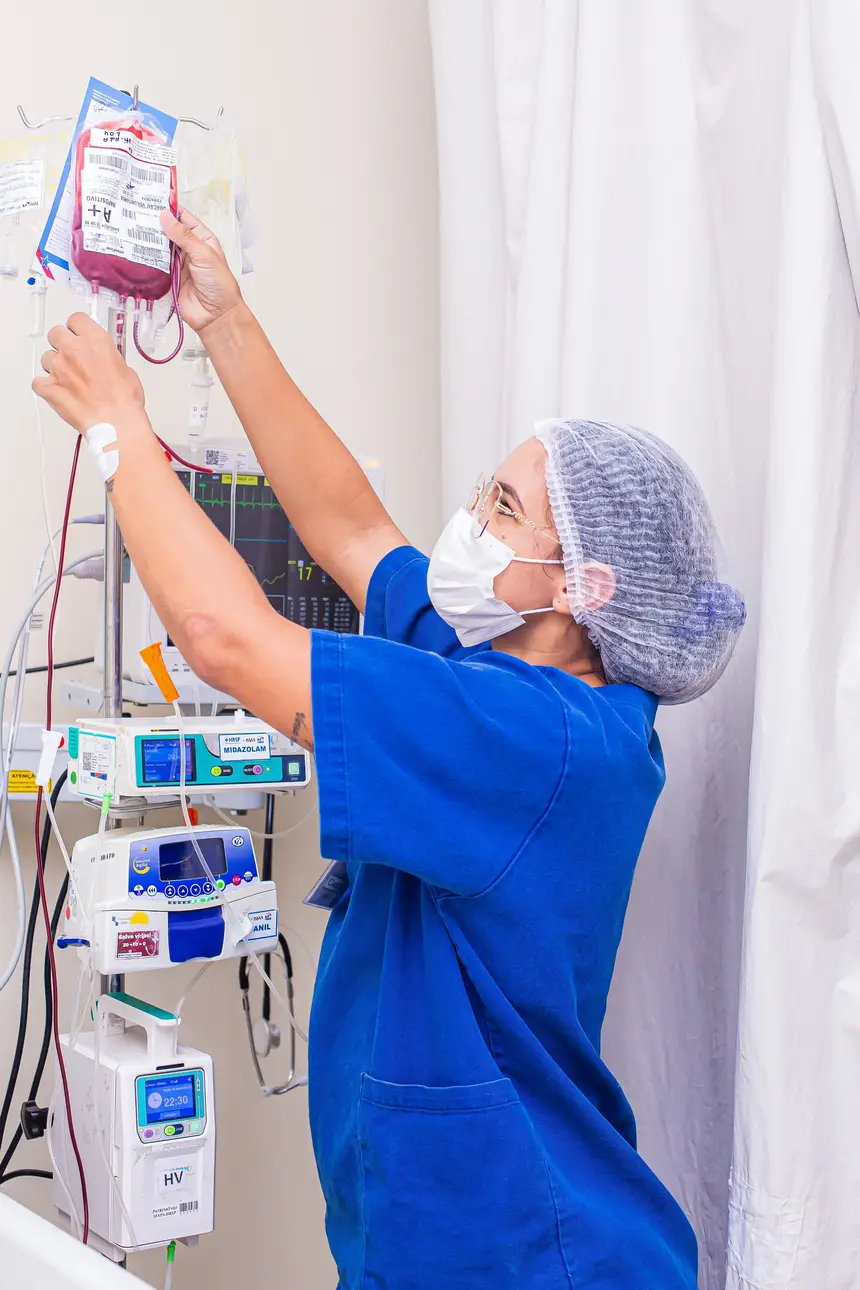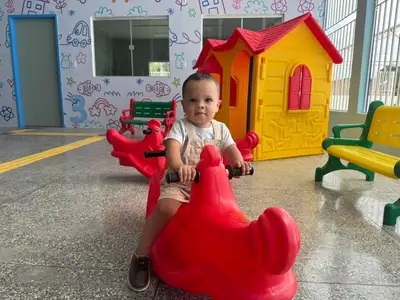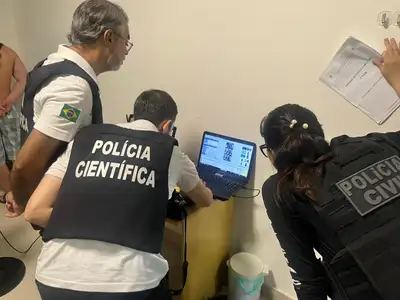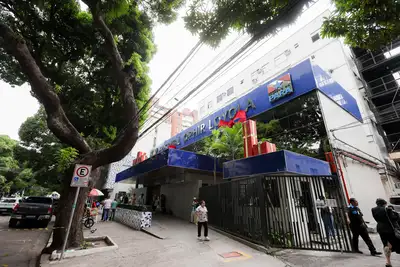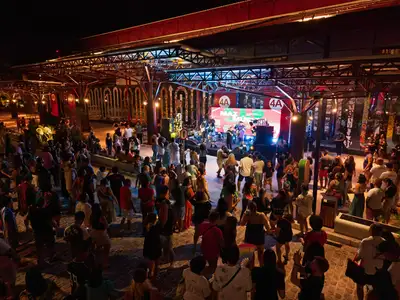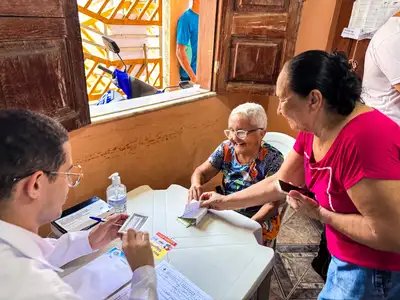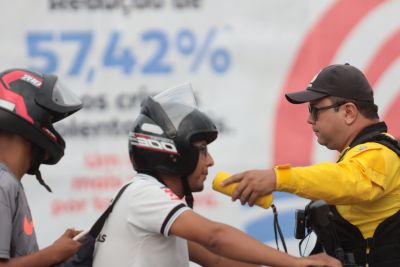After 110 days hospitalized, cowboy is discharged from the Regional Hospital of Marabá
The overcoming story of Raimundo Nonato highlights the effectiveness of the care assistance protocols adopted by the Pará Government unit
The cowboy Raimundo Nonato de Carvalho, 47 years old, resident of Brejo Grande do Araguaia, in the Carajás region, celebrated the greatest victory of his life: returning home after 110 days of hospitalization at the Regional Hospital of Southeast Pará – Dr. Geraldo Veloso (HRSP), in Marabá. He left the unit grateful, carrying in his memory the care received from the health team.
“It is a joy to return home after so many days hospitalized. I went through moments of pain and uncertainty, but I found here a team that welcomed me like family and never let me lose hope. I return renewed, with faith and a will to live, valuing my family and every detail of life even more,” Raimundo said, emotionally.
The patient was discharged on Thursday (18), after a long recovery journey that included several surgeries and the attentive care of the hospital's multidisciplinary team, present at every stage until the achievement of discharge, marked by gratitude and a new beginning.
Throughout the entire recovery process, his wife, Luciana Carvalho, was present at every stage. Between exams, physiotherapy sessions, and daily care, she supported her husband's journey. “There were days of anguish, but also of much hope. I never stopped believing that this moment would come, and today I can only thank God and the hospital team for bringing him back home healthy,” she emphasized.
Raimundo was hospitalized in the Surgical Clinic of the Regional, a sector that offers comprehensive support to patients in post-trauma and post-operative treatment. The care in the unit managed by the Social and Environmental Institute of the Amazon (ISSAA), in partnership with the State Department of Public Health (Sespa), involves multidisciplinary teams that work together to ensure a safe and humanized recovery.
Continuous care protocols - During the prolonged hospitalization, Raimundo was assisted by protocols that preserve autonomy, reduce complications, and nurture hope. These include early mobilization, daily physiotherapy, infection prevention, and individualized nutritional planning, ensuring rapid rehabilitation and quality of life during long periods in the hospital.
Nurse Pamela Tortola, responsible for the surgical clinic where the patient was hospitalized, highlighted the teamwork and the victory represented by the discharge. “Mr. Raimundo's case symbolizes how much multidisciplinary dedication and family involvement make a difference in recovery. There were days of care, overcoming, and hope, and seeing him return home healthy is an achievement for everyone,” she explained.
The professional also emphasized that, in addition to physical treatment, the hospital provided psychosocial support to the patient and his family. “The work of psychologists and social workers was essential to provide emotional support, strengthen bonds, and help the patient face the challenges of hospitalization. This care brought comfort, hope, and motivation throughout the recovery process,” Pamela highlighted.
With the hospital discharge, the patient will continue treatment at home, surrounded by the love of his wife and children. “Now a new phase begins, I will need to intensify physiotherapy and follow the care I learned here at the hospital to, soon, God willing, have a better life. I know there are still challenges, but I am confident that I will overcome this phase as well,” Raimundo stated. His story reinforces how the meeting of science, professional dedication, and family love transforms days of uncertainty into victories to be celebrated.
Structure: Care at the Regional Hospital of Marabá is 100% free, provided through the Unified Health System (SUS). The unit has 135 beds, including 97 clinical hospitalization beds and 38 Intensive Care Unit (ICU) beds.
Text by Ederson Oliveira


